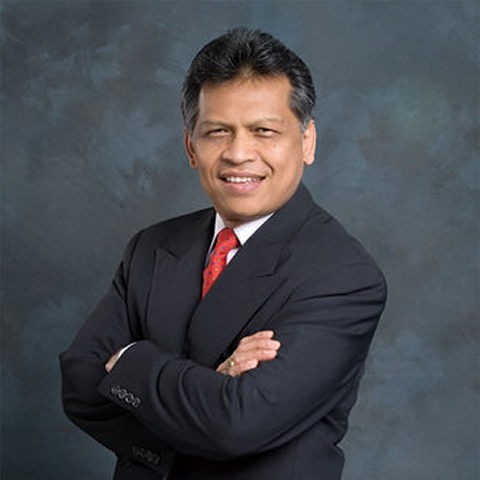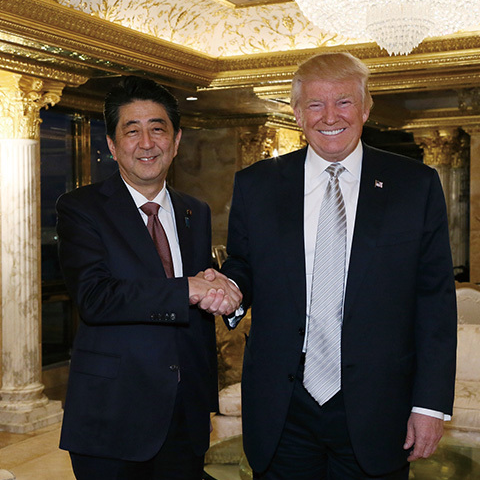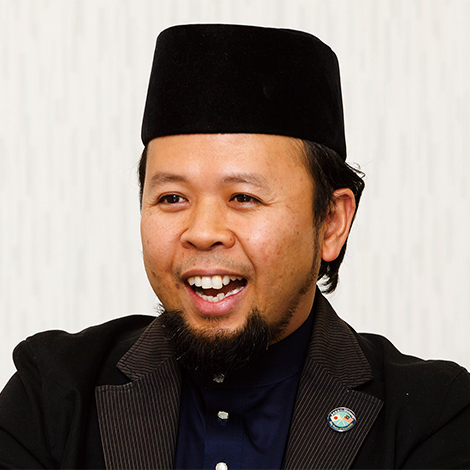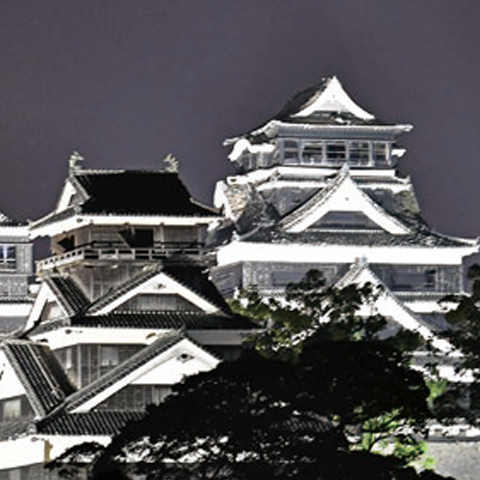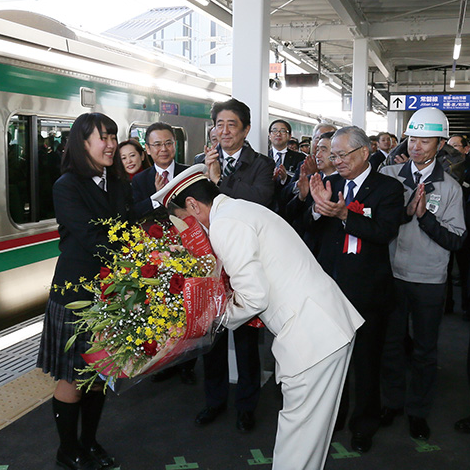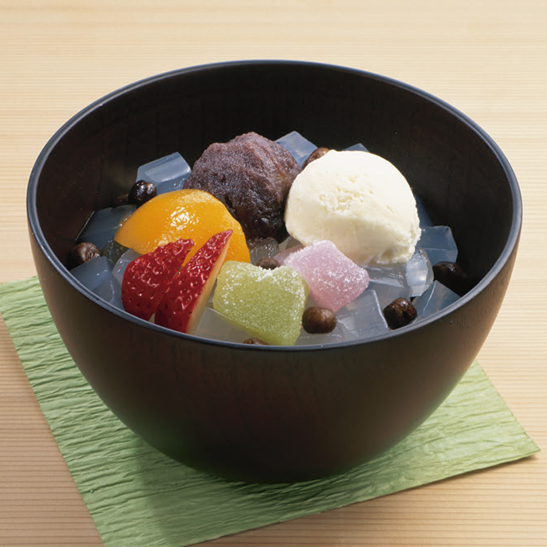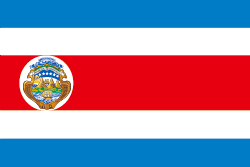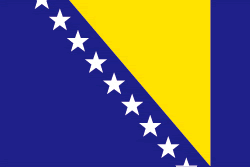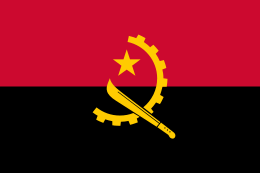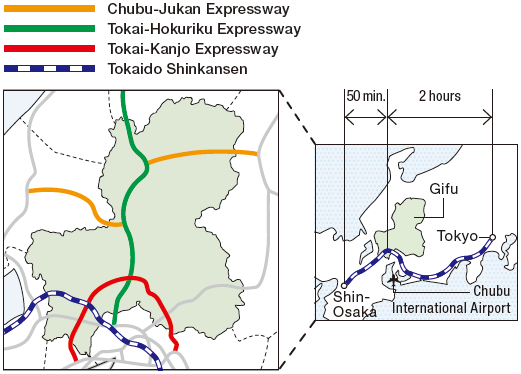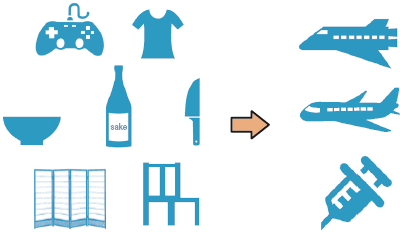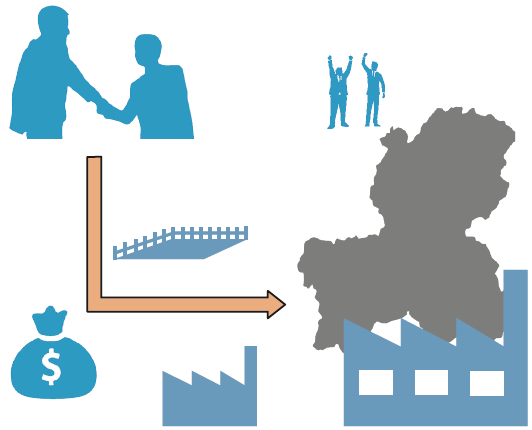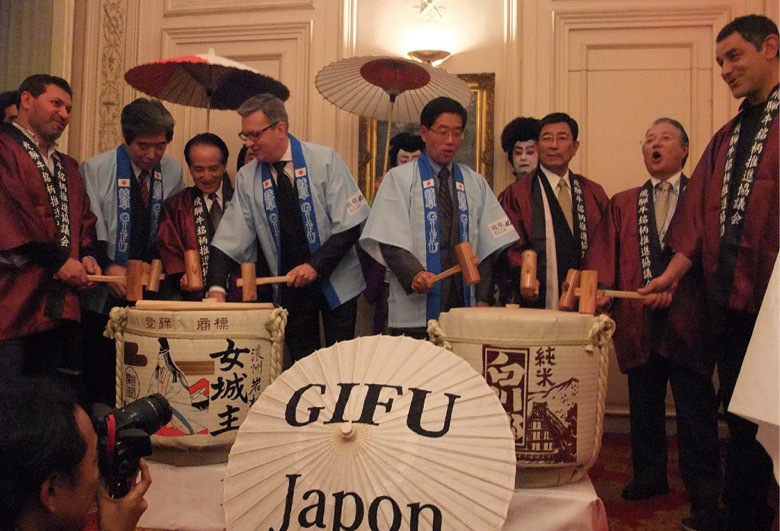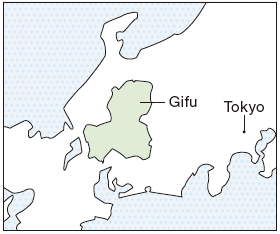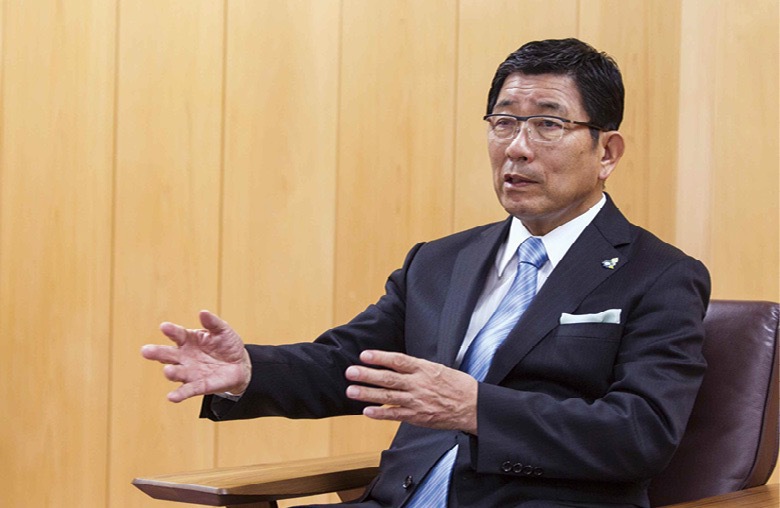Gifu Prefecture, located at the geographical center of Japan, boasts good accessibility. By Shinkansen, Japan’s high-speed rail, it is just two hours to Tokyo and only 50 minutes to Osaka. And when maglev train service starts (scheduled for 2027), the travel time to Tokyo is to be shortened to 30 minutes. Gifu is also internationally accessible via Chubu International Airport (Centrair), which is an hour away. And it is at a node of a network of expressways heading in every direction, providing convenient links to international hub ports and logistic hubs.
Thanks in part to this convenient location, Gifu has long thrived as a commercial and industrial area, and it is one of Japan’s leading prefectures in manufacturing.
Gifu has a strong presence in industrial, transportation, and electrical machinery, and it is home to many companies with superior technologies. A special strength is the aerospace industry, with a production of about JPY 200 billion (USD 1.67 billion) a year. The three prefectures of Gifu and neighboring Aichi and Mie together account for about 50% of Japan’s total aerospace sales. In 2011 the national government designated this area as a “Special Zone to Create Asia’s
No. 1 Aerospace Industrial Cluster.” With this designation came relaxation of regulations, along with tax breaks and financial support, aiming at doubling sales by 2025. Also, Gifu Prefecture is undertaking initiatives of its own, such as providing support for local enterprises participating in international trade exhibitions, including the Paris Air Show, to help local industry expand globally.
Last year, Gifu Prefecture adopted a growth and employment strategy with a view to long-term economic activity. The strategy identified five growth fields—aerospace, medical and welfare equipment, pharmaceuticals, food products, and next-generation energy—and the prefecture is seeking to attract and expand businesses in these fields. For example, it established a system of subsidies for initial investment outlays (up to JPY 1 billion, USD 8.3 million), along with subsidies for office rent and fixed asset acquisition costs, to encourage companies to move their headquarters to Gifu. And last year it became the first local government to launch a “corporate concierge” project, assigning government officials responsible for each company moving into the prefecture. Now Gifu is equipped to provide total support for corporate management—one-stop service ranging from consultation about sites to responses to management issues and information about subsidies.
Gifu Governor Hajime Furuta is enthusiastic and confident about attracting foreign companies: “People from overseas will surely be satisfied with the high level of technological capability that Gifu Prefecture has carried on for many years, as well as with our attentively tailored responses to their needs. I strongly hope foreign enterprises will consider setting up operations here.”
Gifu is also earnestly promoting international sales of local products and inbound tourism. “Hon-minoshi,” the Japanese paper traditionally crafted in Mino City, was inscribed on the UNESCO Intangible Cultural Heritage list in November 2014. Along with other local crafts, such as woodwork, cutlery, textiles, pottery, and porcelain, it has numerous tourist attractions, such as the historic village of Shirakawa-go, a UNESCO World Heritage site, and foods like Hida beef, Fuyu persimmons, and ayu (sweetfish). Gifu has been striving to publicize these noteworthy attractions to the world. The number of foreign visitors has been growing rapidly; in 2014 the figure was 660,000, up by almost 60% in a year. The prefecture is aiming to raise this to 1 million and to promote sales of local products with efforts including the opening of antenna shops in 10 cities around the world to advertise Gifu’s charms.
Convenient access
Gifu offers convenient access via rail, expressway and air, and it enjoys good conditions as a logistics hub. Chubu International Airport (Centrair) provides roundthe- clock service.
Development of manufacturing
Gifu has been famous for manufacturing, including cutlery and washi (Japanese paper) production. Well-established ceramic engineering has fostered cutting-edge technology for fine ceramics, which are widely used in electronic parts, the aerospace industry, and state-of-the-art medical devices.
Advertising Gifu to the world
The governor has traveled to Singapore, Indonesia, and Paris to promote Gifu at fairs featuring the prefecture’s tourist attractions, foods, and crafts. Guests were offered sake and Hida beef.
Basic facts and figures
Gifu Prefecture has a population of about 2.04million . It has developed as a major locus for cultural, economic, and industrial exchanges. It is topographically diverse, with steep mountain peaks of above 3,000 meter s (10,000 feet ) in the north and river side districts at zero-meter elevation in the south, and it boasts many clear-flowing rivers, notably the Nagara River.
Governor Hajime Furuta
Born in 1947 in Gifu Prefecture. After graduating from the University of Tokyo, he joined the Ministry of International Trade and Industry (MITI). In 1974 he studied at France’s École nationale d’administration (ENA). He served as executive secretary to the prime minister and head of the Economic Cooperation Bureau in the Ministry of Foreign Affairs. While he was director-general of the Economic Cooperation Department at MITI, he acted as Japan’s official representative to APEC.


























